The Transport and Infrastructure sector is essential for the overall economic development of Odisha, as it directly impacts trade, tourism, logistics, and industrial growth. As Odisha continues to grow economically and demographically, there is a need to focus on modernizing and expanding its infrastructure. The Odisha Chamber of Commerce (OCC) can play a critical role in driving initiatives, advocating for investment, and ensuring a robust, sustainable transportation system.
Here’s how the OCCI can focus on the development of the Transport and Infrastructure sector in Odisha
Urban and Rural Road Development: Advocate for improved road connectivity within cities like Bhubaneswar, Cuttack, and Rourkela, as well as in remote rural areas. Focus on both the expansion and quality of roads to reduce traffic congestion and improve safety.
National and State Highways: Work with government agencies to upgrade and maintain national highways, especially those that connect Odisha to neighbouring states, and ensure that regional roads are properly linked to industrial hubs.
Expressways and Ring Roads: Promote the development of expressways and ring roads, particularly around major cities, to enhance transport efficiency and minimize congestion.
Road Safety Initiatives: Advocate for smart traffic management systems and public awareness campaigns on road safety, especially for high-traffic zones.
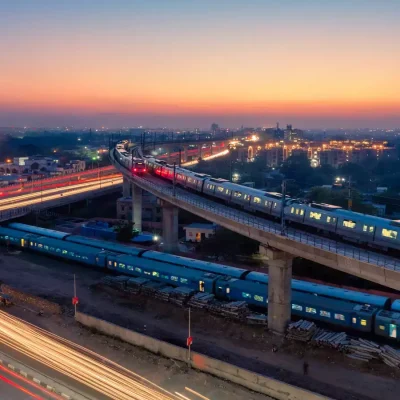
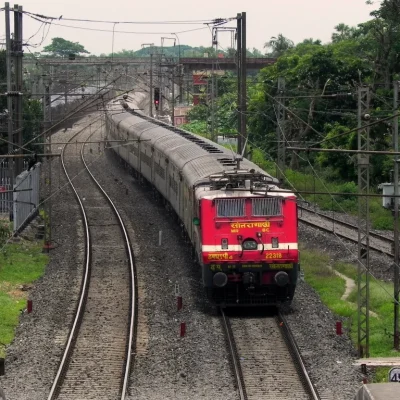
Upgrade Rail Infrastructure: Advocate for the modernization of Odisha’s railway network, including the electrification of lines, better signalling systems, and improved stations to cater to increasing passenger and freight demand.
New Railway Lines and Freight Corridors: Promote the establishment of new railway routes, particularly those that can connect remote industrial areas to major ports and urban centres. Focus on dedicated freight corridors to reduce congestion on existing tracks and enhance trade and logistics.
Public-Private Partnerships (PPP) in Railways: Collaborate with the Indian Railways and private companies to develop new high-speed trains, luxury tourism trains, and passenger amenities across Odisha.
Strengthen Major Ports: Odisha has a strategic advantage due to its coastline, with ports like Paradip, Dhamra, and Gopalpur offering significant trade potential. Advocate for better infrastructure, modern cargo handling facilities, and the expansion of these ports to improve export-import activities.
Develop Minor Ports and Fishing Harbours: Promote the development of smaller ports along Odisha’s coastline to cater to regional trade and promote the growth of the maritime economy. Additionally, support the modernization of fishing harbours to boost the state’s seafood export industry.
Logistics and Port Connectivity: Work on improving the hinterland connectivity between ports and industrial centres, ensuring that goods can be moved efficiently from port to manufacturing and distribution hubs.
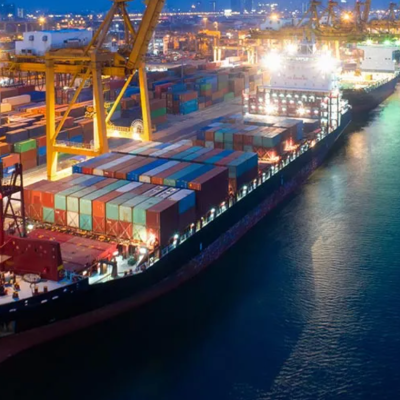

Upgrade Existing Airports: Advocate for the expansion and modernization of existing airports in Bhubaneswar (Biju Patnaik International Airport) and other regional airports to accommodate growing passenger traffic and support the tourism sector.
New Airports in Key Regions: Promote the establishment of new airports in emerging cities or tourist hubs (e.g., Rourkela, Berhampur, or Jeypore) to improve air connectivity and reduce travel times.
Cargo Airports and Logistics Hubs: Encourage the development of dedicated cargo terminals and logistics hubs at airports to facilitate the movement of goods, particularly agricultural and industrial products.
Airline Partnerships: Partner with airlines to increase the frequency of domestic and international flights, especially connecting Odisha to key business and tourism destinations.
Urban Mass Transit Systems: Advocate for the establishment or expansion of metro rail, bus rapid transit (BRT) systems, and other sustainable urban transport options in Bhubaneswar and other growing cities. This will reduce traffic congestion and improve mobility for the urban population.
Intercity Bus Connectivity: Improve intercity bus services, especially for long-distance travel, ensuring that passengers have access to safe, affordable, and comfortable transport options.
Last-Mile Connectivity: Promote the development of reliable last-mile connectivity services, such as auto-rickshaws, cycle-rickshaws, and shared mobility services to link passengers from main transportation hubs (rail stations, airports) to residential and commercial areas.
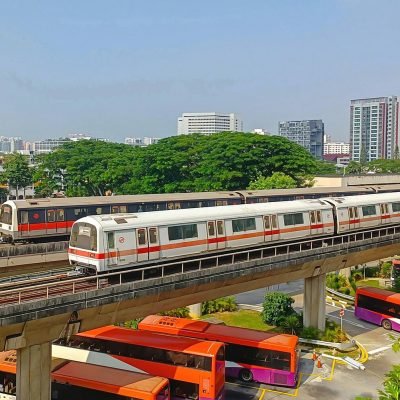
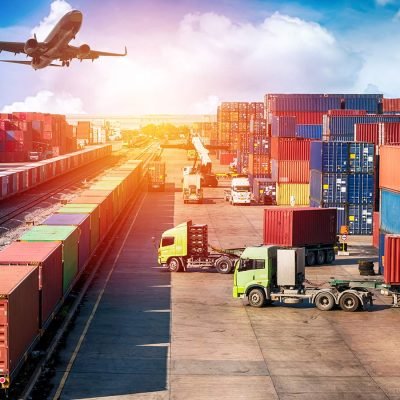
Dedicated Freight Corridors: Work on enhancing logistics capabilities by pushing for the establishment of dedicated freight corridors to improve the efficiency of goods transportation, reducing logistics costs.
Logistics Parks and Warehousing Facilities: Promote the creation of integrated logistics parks and advanced warehousing facilities near major highways, ports, and industrial zones to streamline the supply chain and ensure seamless distribution.
Cold Chain Infrastructure: Advocate for the development of cold storage and refrigerated transport infrastructure to support the growth of agriculture, fisheries, and pharmaceuticals industries.
Smart Cities and Infrastructure: Support the implementation of smart infrastructure in urban areas, including smart traffic management systems, waste management, water supply, and energy-efficient buildings.
Internet of Things (IoT) for Traffic Management: Promote the use of IoT technologies for real-time traffic monitoring, vehicle tracking, and predictive maintenance to improve transportation efficiency and safety.
Sustainable and Green Infrastructure: Advocate for the adoption of green building technologies, energy-efficient lighting, and the use of renewable energy sources in public infrastructure projects, such as bus depots, airports, and railway stations.

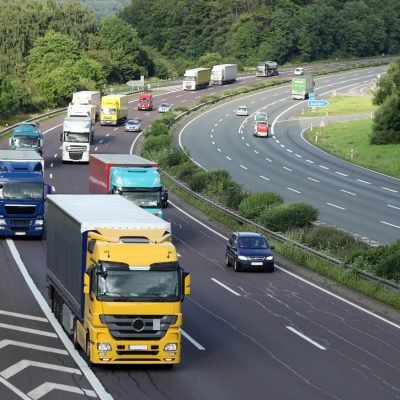
Electric Vehicles (EVs): Advocate for policies to encourage the adoption of electric vehicles in public transport fleets, as well as incentivizing private EV purchases. Promote the establishment of EV charging stations throughout the state.
Cycle-Friendly Infrastructure: Encourage the development of cycle lanes and promote bike-sharing programs in urban areas as a sustainable mode of transport.
Promotion of Environmentally-Friendly Vehicles: Support the introduction of eco-friendly vehicles for public transportation, such as electric buses and shared electric taxis, to reduce pollution and carbon footprint.
Integrated Development Plans: Collaborate with local governments to ensure that infrastructure development is aligned with urban planning goals, promoting sustainable housing, mixed-use development, and efficient transportation networks.
Public-Private Partnerships for Real Estate Projects: Facilitate partnerships between the government and real estate developers to create well-planned townships with integrated transportation options and green spaces.

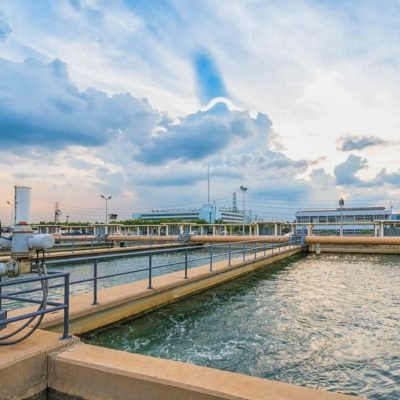
State and Central Government Collaboration: Collaborate with both state and central governments to secure funding for large-scale infrastructure projects, ensuring that Odisha receives a fair share of funds from the national budget for key projects.
PPP Models for Infrastructure Projects: Advocate for Public-Private Partnership (PPP) models for key transport and infrastructure projects, ensuring that there is a balance between government support and private sector investment.
Incentives for Infrastructure Investment: Push for tax incentives, subsidies, and financing options for companies investing in transport and infrastructure development.
Disaster Resilient Roads and Buildings: In areas prone to floods, cyclones, and other natural disasters, advocate for the construction of resilient infrastructure, such as elevated roads and cyclone-resistant buildings, to protect both lives and property.
Green Infrastructure: Encourage the development of green infrastructure projects like urban forests, green roofs, and rainwater harvesting systems to help mitigate the effects of climate change and improve environmental sustainability.
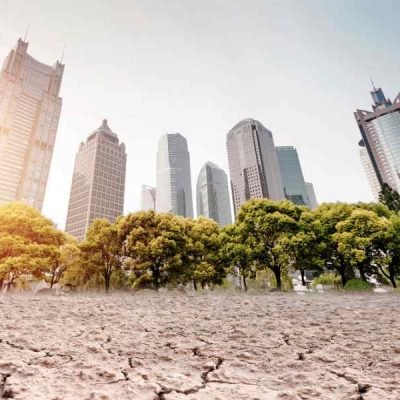

Skilling the Workforce: Partner with educational institutions to create specialized programs for skill development in fields like construction, civil engineering, smart city development, and green technologies.
Promoting Infrastructure Careers: Work to create career pathways in infrastructure development, encouraging youth to pursue engineering, architecture, and urban planning careers that align with the state’s development needs.